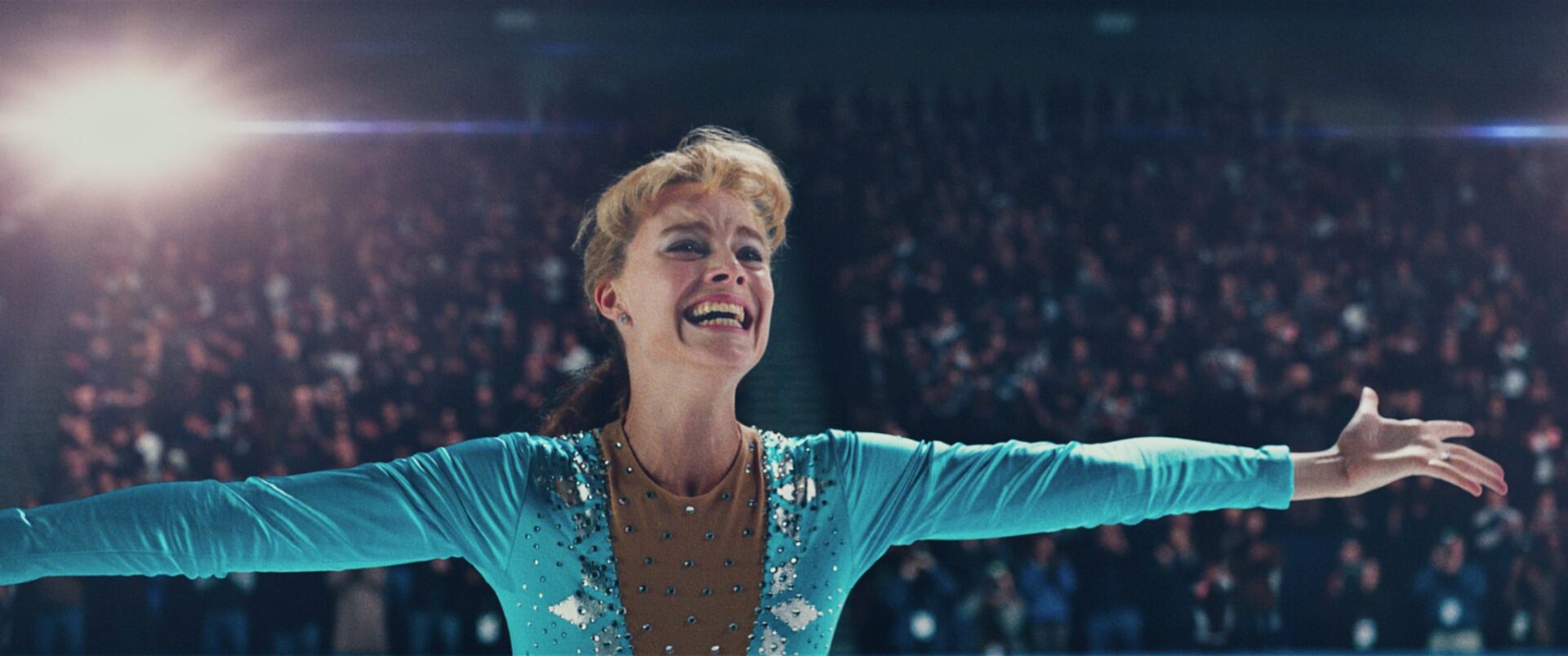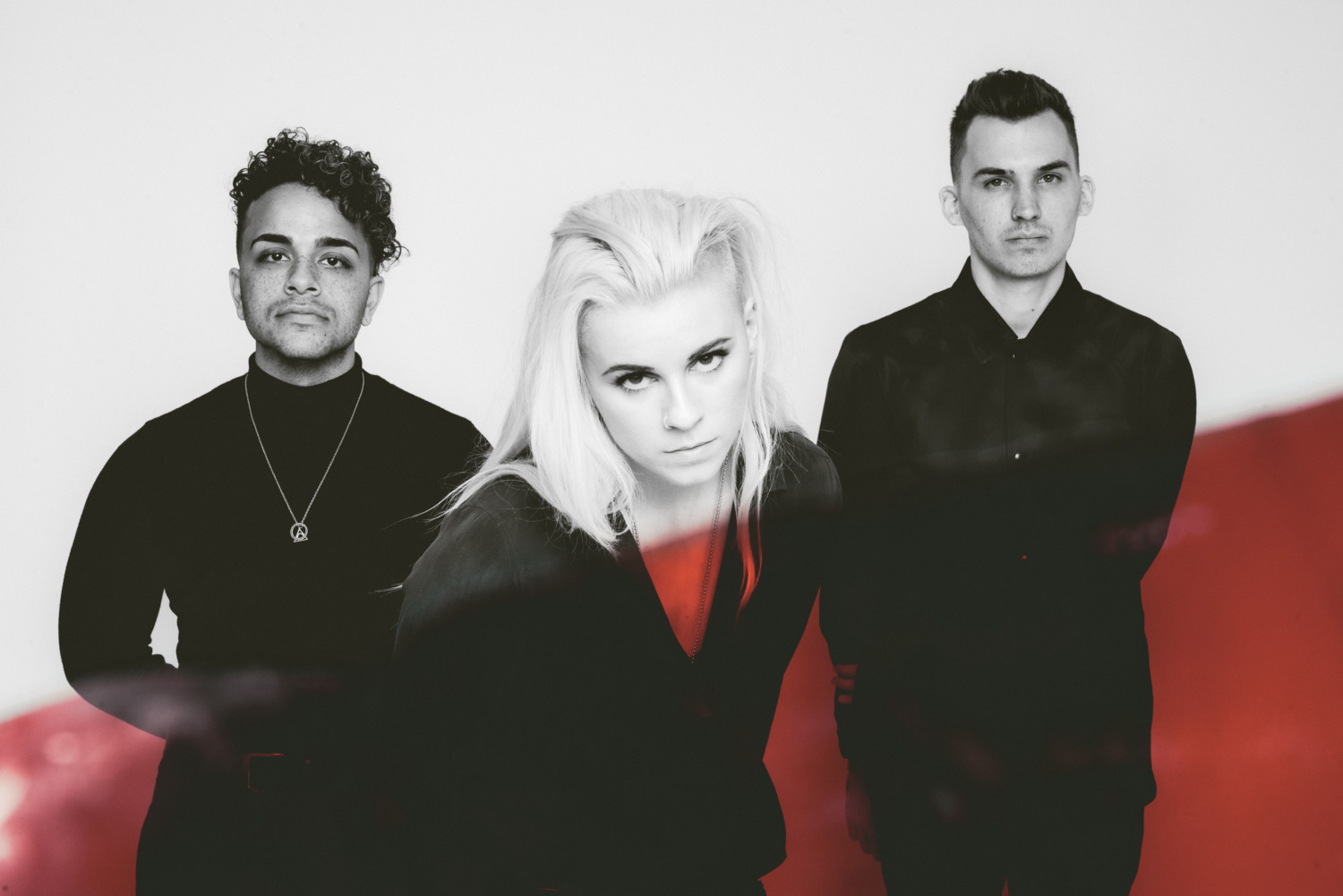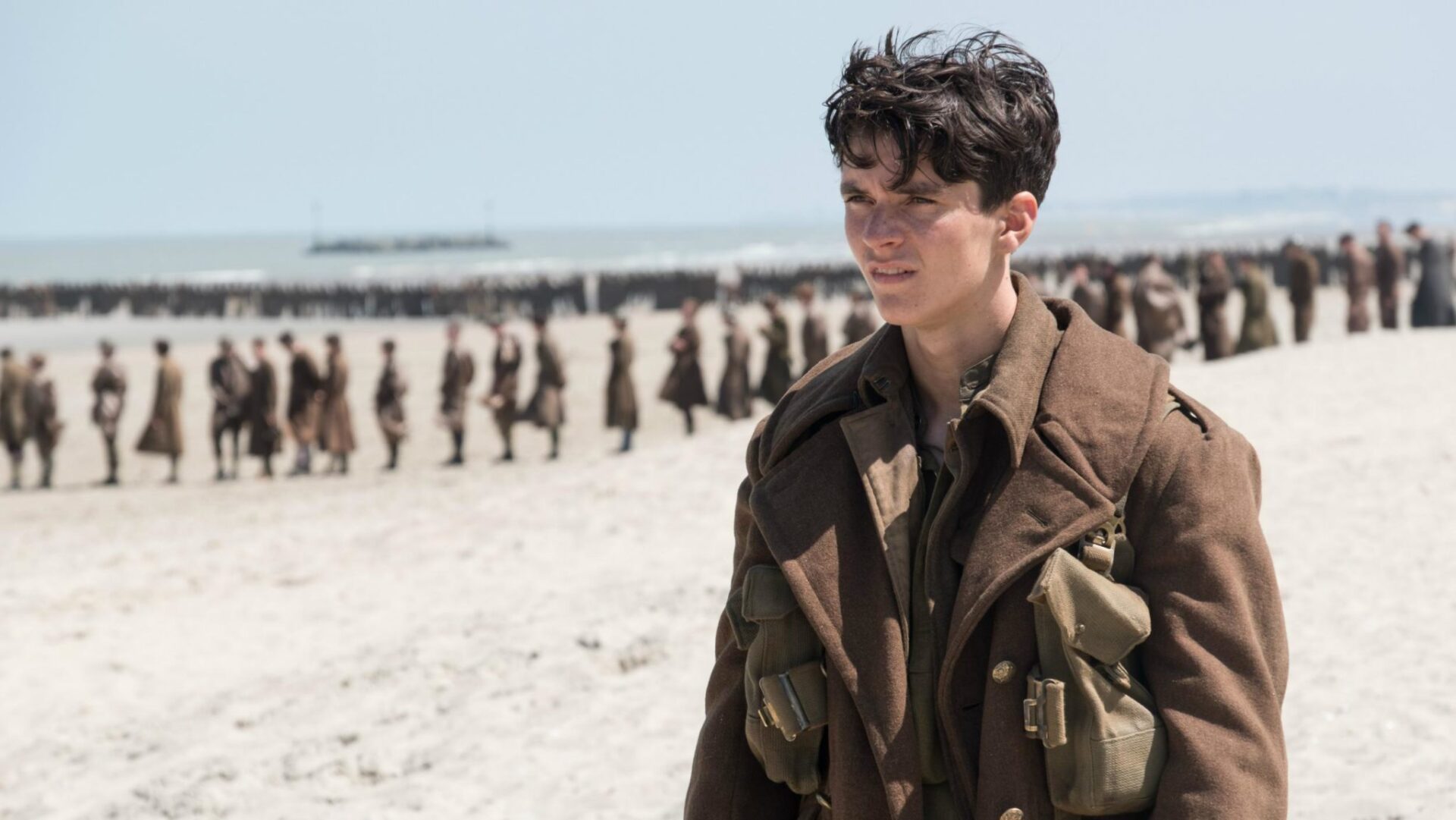“Based on irony-free, wildly contradictory, totally true interviews with Tonya Harding and Jeff Gillooly” according to the opening title card, I, Tonya, directed by Craig Gillespie, takes us through the almost Shakespearian rise and fall of the disgraced former figure skater, having no problem diving head first into, and playing off of, the surrealist comedic insanity surrounding her story. From the high of Harding (Margot Robbie) being the first American woman to land the triple axel to the low of her association with the attack on fellow skater Nancy Kerrigan orchestrated by Harding’s ex-husband weeks before the 1994 Olympics, the film is brash, bold, non-stop madness that finds the biopic at its best.
All of the key players—including Harding, her ex-husband, her first skating coach, and her mother (and sans Nancy Kerrigan who’s reduced to all but a minute and a half total screen time and her infamous whaling after her attack)—all say their peace through the framing of mockumentary style interviews, taking a story the world thought it already had figured out and letting us know we really never knew anything to begin with. “What kind of friggin’ person bashes in their friend’s knee? Who would do that to a friend?” Robbie says to the camera, taking a drag of her cigarette. The crux of the film’s humor lies in this moment.
Some moments, like Tonya putting in the work to become the triple axel-landing figure skater the world cheered for and her chasing Gillooly (Sebastian Stan) around the house with a shotgun, are presented as things that “really did happen” and things that “never” happened, respectively, playing off of the infamous differing accounts given by Harding and Gillooly. It’s a interesting framing device but one that doesn’t quite work as well as it wants to, coming so infrequently throughout that you almost forget it’s part of the film until it randomly happens again, becoming somewhat distracting and misused. It’s an obvious attempt to bring some levity to the black comedy material at hand, but the mockumentary interviews already do this in a much more natural and effective way.
The film also gives a somewhat comedic spin to some of the domestic and psychological abuse Harding receives from both her mother and husband, which has the potential to be somewhat off-putting. Some moments can’t seem to find their balance between serious and comedic fodder. But overall, the film hits many more right notes than it doesn’t due in part to the career-defining performances from the cast.
Margot Robbie effortlessly disappears into Tonya Harding, giving her a major dose of depth and vulnerability that the world hasn’t been able to see before now because of her tarnished persona. She presents us with a rabid, fervent, and surprisingly sympathetic performance that never makes excuses or tries to paint Harding as an angel in any way, but rather just wants us to understand her and aims to redeem her by just showing us the human she is. Robbie’s performance cements her as one of the greatest young actresses of this generation.
Sebastian Stan also gives a killer performance as Tonya’s ex-husband Jeff Gillooly, but it’s Allison Janney as her mother LaVona Golden who steals every scene she’s in with devilish comedic wit and a touch of sociopathic and psychotic vengeance. There’s no skirting around the fact that her methods of toughing up her daughter are cruel—like a scene early in the film where a child Tonya pees on herself at practice after her mother refuses to let her take a restroom break then won’t even let her clean herself up and continues to make her skate—or that their relationship is overly toxic, a great demonstration being when Janney throws a knife into Robbie’s arm during a heated fight. She’s harsh, cruel and unhinged, but in all of her warped conflation of motherhood and professional management she does teach Tonya that the world won’t be kind and that the rules that others put on you don’t really have to mean anything to you. It’s a grooming that will turn Tonya into a woman unimpressed and never truly adhering to the status quo and cutesy ways that dominated figure skating. Janney gives such a well rounded character here you’ll find yourself wanting her onscreen more than anyone else.
The film leads to an overwhelmingly somber conclusion, using Harding’s story to demonstrate how the rise of the 24-hour news cycle chewed her up and spat her back out, leaving her as nothing but a punchline. You literally see the O.J. Simpson incident begin to unfold on TV just as her story becomes uninteresting to the world. I, Tonya wants us to give Harding’s story another look, insisting that while some things can’t be forgiven, they can be seen in a new light and looked at in a new way through the lens of circumstance and the effects of abuse—and hopefully beyond the headlines. But she doesn’t want forgiveness or your pity. She’s not a victim, nor is she looking to be one. She just wants to be understood, and because of I, Tonya, I feel like I finally do.













